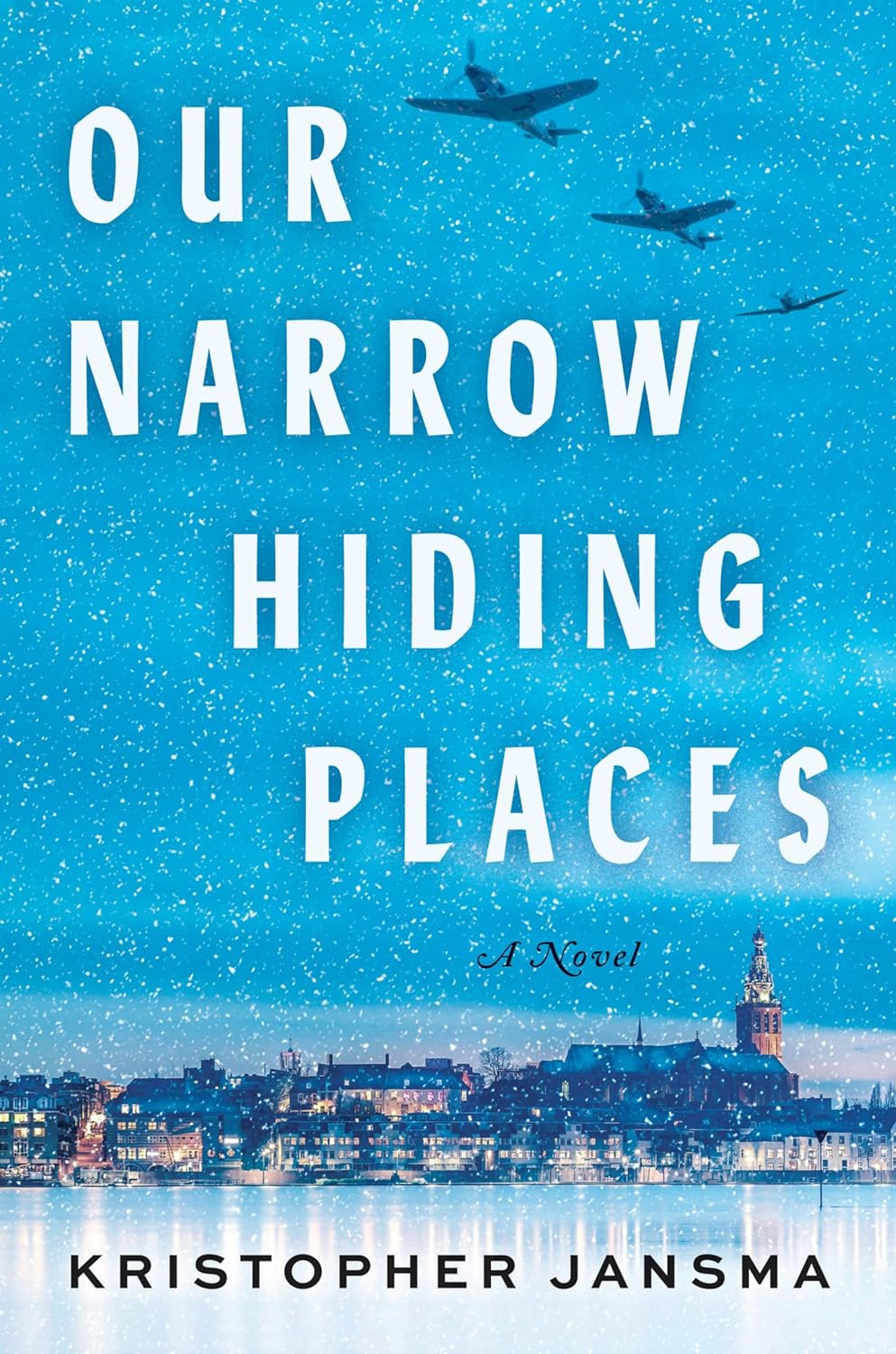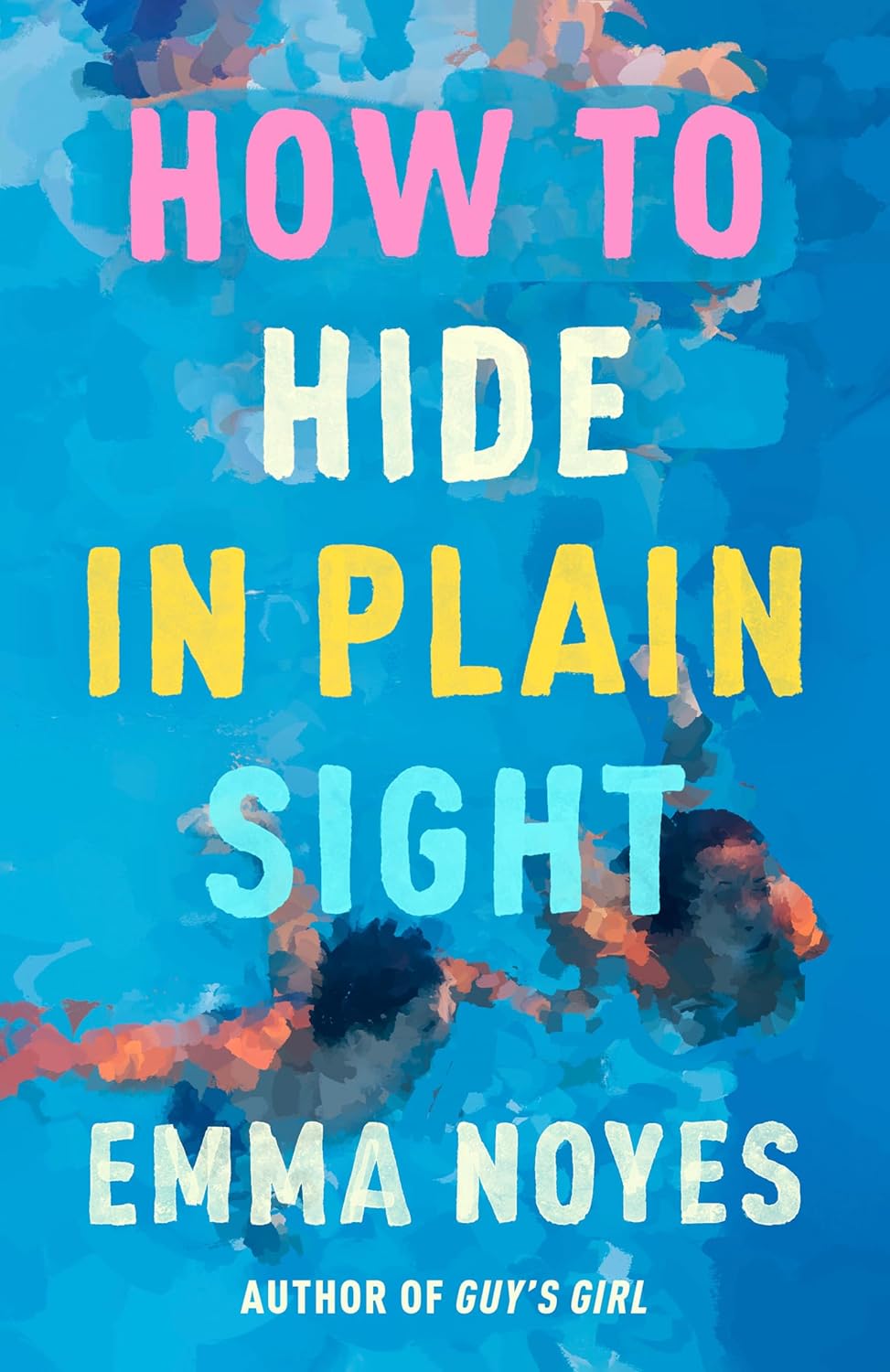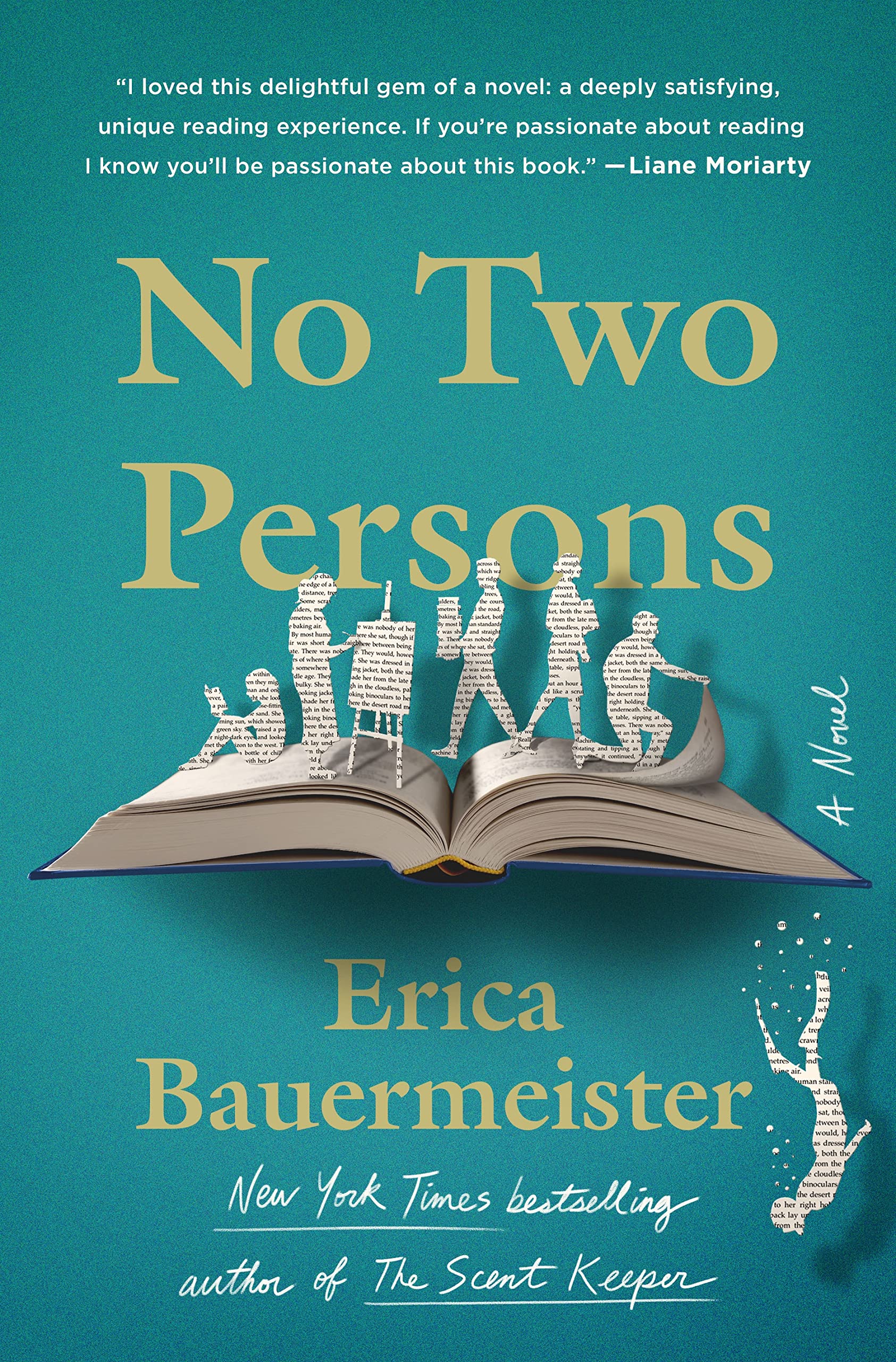
Our Narrow Hiding Places
Book Description
Beneath the surface of a seemingly perfect life lies a darkness that could shatter everything. In "Our Narrow Hiding Places," secrets fester among friends, love strains under the weight of betrayal, and past demons claw their way back to the present. Tensions rise as twisted loyalties and buried truths unravel, leading to a heart-stopping climax that will leave hearts racing. Each relationship is a battleground, each choice a potential trigger. As lives intersect and collide, one question looms large: what price are they willing to pay to protect their hidden places?
Quick Book Summary
Our Narrow Hiding Places by Kristopher Jansma is a layered historical novel set in Nazi-occupied Holland during World War II. The story revolves around a tight-knit group whose seemingly stable lives are upended by suspicion, hidden truths, and divided loyalties. As friendships are tested and relationships fray, each character is forced to confront the darkness lurking within themselves and those they trust, grappling with moral dilemmas and the cost of survival under an oppressive regime. Through secrecy, betrayal, and acts of quiet resistance, Jansma explores how people use literal and figurative hiding places to cope with fear, grief, and the threat of violence. The novel crescendos to a heart-racing climax as choices made in the shadows reverberate, revealing that the spaces we hide in often reveal who we truly are.
Summary of Key Ideas
Table of Contents
The Weight of Secrets and Betrayal
Set in the fraught environment of Nazi-occupied Holland, "Our Narrow Hiding Places" immerses readers in the daily realities of living under constant threat. The narrative follows a group of interconnected characters who are bound by friendship, love, and prior loyalties. Their existence is precarious—every decision they make could mean life or death, and every secret they withhold could protect or doom those around them. The claustrophobic atmosphere intensifies the sense of danger, as citizens must navigate both the visible presence of the enemy and the hidden dangers that lie within their own circle.
The Complexity of Moral Choices Under Occupation
The strain of war reveals the fractures in relationships. As the characters seek safety—some in literal hiding places, others behind emotional facades—the thread of trust becomes increasingly tenuous. Old betrayals resurface and new ones emerge, as the pressure cooker environment of occupation forces people to act in desperate and sometimes morally ambiguous ways. The book skillfully explores how fear can morph loyalty into suspicion, and how loyalty itself can drive individuals to make choices that devastate those they care about most.
Loyalty, Trust, and Interpersonal Tension
Moral dilemmas lie at the heart of the narrative. Every character is compelled to weigh their own survival against the safety of others, often in situations where right and wrong are blurred by the exigencies of war. Jansma illustrates the complexity of resistance—not everyone is a hero, and even small acts of defiance can have outsized consequences. Questions of courage and cowardice intersect, especially as alliances and friendships face ultimate tests. Each choice feels both deeply personal and universally consequential.
Survival, Resistance, and Small Acts of Defiance
With each encounter, the emotional and psychological tension mounts, culminating in a climax driven by revelation and reckoning. Buried truths come to light, upending already tense dynamics and forcing characters into open conflict. The novel’s pacing accelerates as betrayals are uncovered and the cost of hiding—both physically and emotionally—becomes unsustainable. Ultimately, life-or-death stakes crystallize not just on the battlegrounds of war, but within the hidden recesses of the human heart.
The Search for Redemption and Hope in Darkness
Despite the darkness, Jansma weaves in moments of hope and the possibility of redemption. Characters who have suffered, betrayed, or been betrayed are given the chance to seek forgiveness, make sacrifices, or forge new connections. The narrative ultimately contends that narrow hiding places, while born of fear and necessity, can also become spaces for reflection and, occasionally, for new beginnings. In the end, the novel lingers on the question of the price we pay to hide—and how, sometimes, stepping into the light is the bravest act of all.
Download This Summary
Get a free PDF of this summary instantly — no email required.





